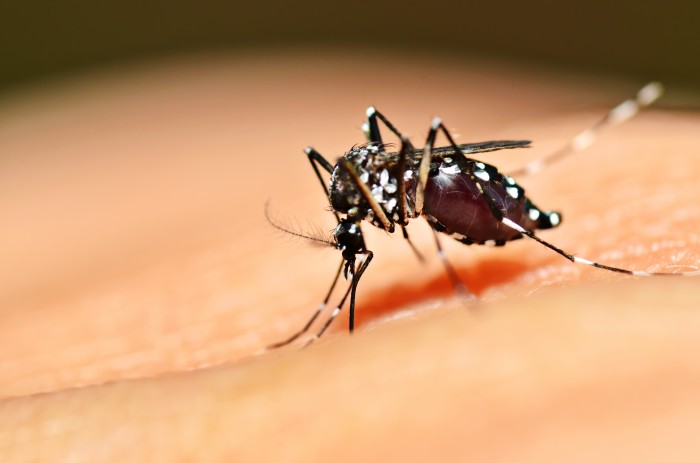For others, such as Asia, Africa or South America, it is an everyday food. Insects have many advantages. These small animals are very good sources of protein (45 to 75% of the dry weight), omega 3 and 6 fatty acids, and minerals: iron, zinc, magnesium, copper, selenium, etc. Depending on the species and the diet of the insects, some of these contents can go as far as covering 100% of our daily needs in certain micronutrients. You will take a small skewer of crickets? Indeed, the nutritional and environmental qualities of insects are increasingly being touted. So, it is interesting to jump into the water, for all your need for insects please contact jiminisa beautiful site for you.
Insects, what assets do they represent?
Insects can be important sources of protein with constitutive amino acids adapted to human needs, lipids and micronutrients (6,7). Thus, considering the dry matter of the insects, some species can contain from 45 to 75% of their dry weight in the form of proteins. The majority of them contain everything our body needs, such as iron or potassium, in large quantities. Eating insects can solve your protein problems: insects are high in protein! For example, a grasshopper contains more than 70% protein while the chicken, it contains only about 27%. This may surprise you, but: 100g of locusts contain as much protein as two large eggs! 100g of mealworms contain 24g of protein, as much more than salmon!
Insects are full of protein!
In bodybuilding, and in sports in general, food plays a major role. Protein intake is one of the factors that can promote muscle gain. Insects are excellent sources of protein, made up of all the essential amino acids. In addition, they contain only little fat. They are therefore as interesting as a white chicken or turkey and can consume protein without overloading fat.

